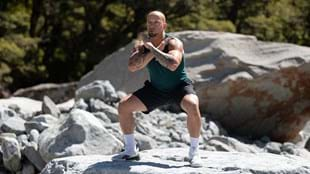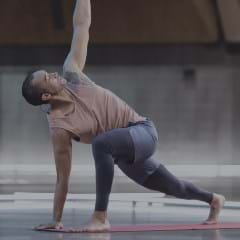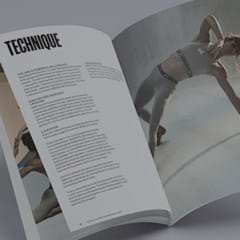SARAH SHORTT:
Hi Dan! It’s been a while since we caught up. What’s been going on in your life over the past few years?
DAN COHEN:
So the biggest change in my personal life is that my eldest daughter, Zara, was diagnosed with a rare eye disease: chronic bilateral uveitis. It's an inflammation of the eye that can cause pain and affect vision. The first six weeks of even trying to understand all this was very hard for us, and we pretty much lived in Starship [Children’s Hospital] over the past year.
It’s likely that it’s been caused by an underlying health condition, so she’s had to undergo all these tests for things like tuberculosis, cancer, trauma, auto-immune deficiency, arthritis, and so forth. Eventually the cause for her condition came back as “unknown”. On the one hand this is good, as there’s no apparent major problem to treat, but on the other hand, it’s not good, because we’d like to know what the underlying cause is.
Seven months in, we’ve now settled on a treatment plan, but it’s not been a nice journey for Zara at all.
If there is a silver lining, it’s that we don’t really watch much TV anymore. We read a lot of books. We do a lot of research. It’s a bit bizarre, but we’ve become a lot more educated in the last seven months.
Wow. So sorry to hear this. That must be a huge challenge for you all.
It’s really united us even more as a family unit: 'Team Cohen'. Every night, before we go to bed, we put our hands in the middle and say: “Who are we? One, two, three, Team Cohen!” That’s our bedtime ritual. We pray every night before we go to sleep and sing a Samoan lullaby.
It’s all about educating Sofia and Stella, our other daughters, about why Zara is the way she is. Sometimes the heavy medication she’s on can cause rapid weight gain or loss, mood swings, breakouts… both eyes pretty much swelled shut a few nights ago. She’s not at school today because she’s had a skin reaction. It’s random little things like that. We’re really mindful that Stella and Sofia don’t get left out when we’re focusing a lot of our attention on Zara.
Taimane [Dan’s wife] and I have had to educate ourselves about a whole bunch of stuff. If there is a silver lining, it’s that we don’t really watch much TV anymore. We read a lot of books. We do a lot of research. It’s a bit bizarre, but we’ve become a lot more educated in the last seven months. And not just about uveitis – but other stuff too.
So when I give shout outs to any parents who’ve got children with health issues, it’s cause it’s hard on everybody.
And what coping strategies do you have to handle this challenge?
Anytime I’m challenged: I lean on my faith. I lean on my wife. I lean on us as 'Team Cohen’, but it’s also been eye-opening to be able to lean on what I do creatively and in the leadership space.
With regards to creativity: as well as BODYCOMBAT™ and LES MILLS CORE™, I’m currently working on a potential new project for Les Mills – looking at a punchbag program. It’s very much in trial phase right now, and we’re scoping the potential for it to work in-market.
In terms of leadership, I’ve been focusing on how to make teams thrive, how to bring out the best in people and surface that potential through my work as a coach. This anchors me into my professional working environment and so my focus has really shifted because my world is really different. I enjoy the values and the responsibility of deadlines, working across departments at Les Mills International and having really powerful conversations.
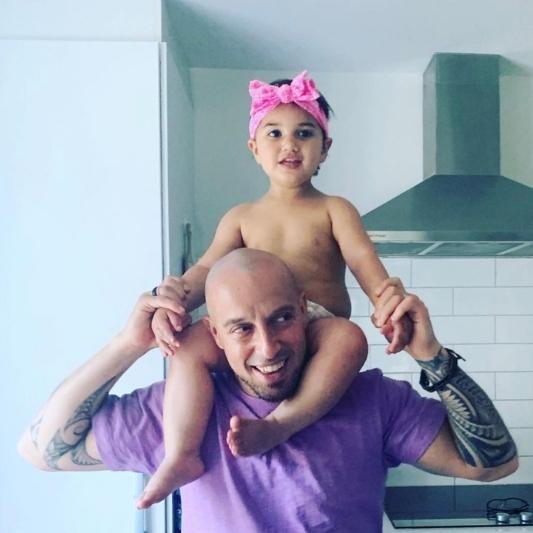
And how do you decompress?
I like to go camping. I’ve also stepped up that whole caveman-type cooking – cooking with fire and hot stones. We’ve tried some vegan-type meals too, experimenting with different fruit and vegetables, really looking at nutrition as a form of healing.
You've just come out of a lengthy lockdown in Auckland. How did you find having that time away from teaching?
I took the opportunity to explore an in-depth approach to being the consumer, which is always at the forefront of my mind. Following lots of LES MILLS+ workouts and being taught by others was a great experience for such a length of time. And, coincidentally, it’s been the longest break I’ve ever had away from teaching my regular classes. Taking that time away from teaching was a healthy opportunity as I’ve taught pretty much every week since the age of 18.
Having this time away confirmed for me that everybody is at a different stage of their exercise journey. There’s a misconception that because I’m teaching at the Les Mills flagship club and because of the position that I’m in, people think that I’m only dealing with top-level athletes.
But the reality is the people I teach are from all walks of life. 90 percent of my market really is Joe Bloggs and it’s a very small fraction that are high-end athletes. Having that time away has allowed me to focus on what people really need from our classes: ensuring that the fundamental movement patterns that will help them to move better in everyday life are present.
Having a break from everyday classes also enabled me to create a really fresh script and ideas for BODYCOMBAT 90. In my early years of teaching, I found out very quickly that one of the downsides of teaching, let's say, 20 to 30 classes a week is that you can fall into the trap of using the same script or same style of teaching. This can especially happen if you’re teaching multiple fitness programs: you may end up using the same terminology across all these classes and everything begins to amalgamate, even though the essence of those programs is significantly different. If you’ve got very little time to script or reinvent yourself, everything can start to sound the same. You’ve got very little time to sit back and ask: What objective do I want to achieve? What’s my outcome with this track?
I think you do yourself a disservice if you don't take time out, regardless of the reason why. Taking some time away from live classes has allowed me to focus on improving my own knowledge and my skills as a coach. I think when you watch BODYCOMBAT 90, you'll see some of the best coaching myself and the team have to offer.
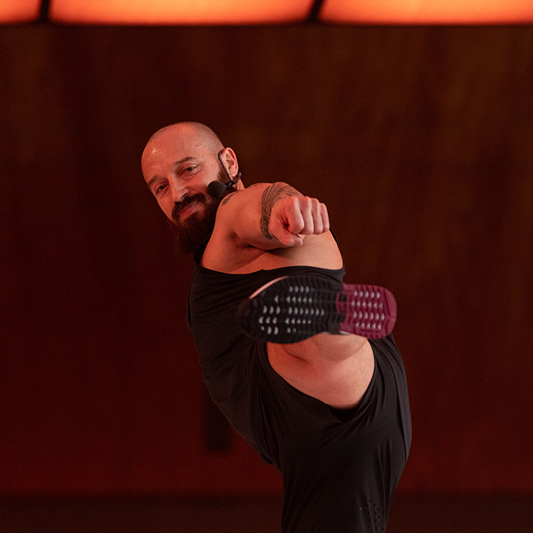
We're approaching the end of 2021. Will you set goals for the next year?
Yeah, I actually set a focus for each year.
2019 was my year of engagement – to be fully engaged myself, fully immersed in what I was doing, as well as being engaged with others.
2020 was my year of purpose. That was about making sure I was always moving in the right direction, not getting distracted with other things that would take me away from it.
2021 has been my year of legacy. Each decision I made took me closer to the legacy I want to leave behind.
My word for 2022 – which people might be a little shocked by – is peace. I would like for 2022 to be the year of peace. To be at peace with the workload – because every year it increases and it’s foolish to think it’s going to get less. In my opinion, if you want to be a winner, you’ve got to work hard. I want to be a winner for my family, and I want to be a winner for the industry. That’s important to me. A winner doesn’t quit. A winner understands their imperfections and they ask for help when they need it. A winner perseveres.
A year of peace means not fighting with myself. I want to be at peace with Zara’s diagnosis. Be at peace with being a single income family. Be at peace with the friends I have. I’d like to close off 2022 with not having any question marks, because I think 2023 is going to be the year of rebirth. It’s going to be a very exciting year.
A year of peace means not fighting with myself. I want to be at peace with Zara’s diagnosis. Be at peace with being a single income family. Be at peace with the friends I have.
I’d love to know what you’re reading, what you're listening to, and what you’re watching…
Right now we’re watching Departure, which we’re really enjoying. It's a thriller about a plane crash.
I like to read books on forensics and criminology – criminal profiling, I find it really fascinating.
In terms of music, I’m listening to a Pacific Island playlist called Summer Nights. I love listening to Polynesian music, it’s just quite beautiful. And as my wife is Samoan, I think it’s important that myself and my children are immersed in the language.
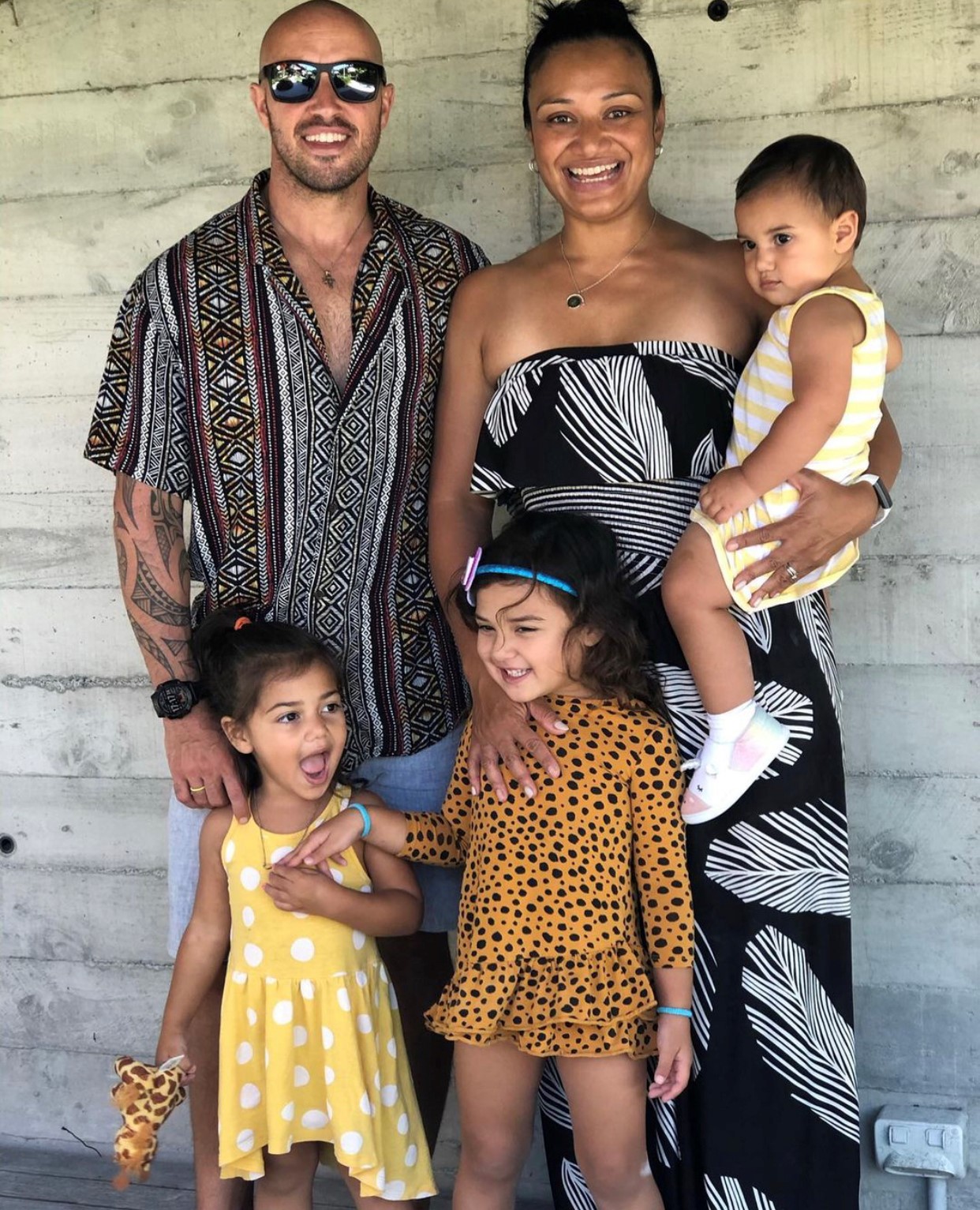
To close off, what's been the biggest lesson you've taken away from the last few years?
That it's important to never stop persevering. Never stop learning. I really think the most troubled people in this world are the ones that stop learning.
Dan Cohen (UK/NZ) is co-Program Director for BODYCOMBAT and LES MILLS CORE. He is a Masters-Level NLP (Neuro-Linguistic Programming) and IBC (Integrated Breakthrough Coach) Coach, TLT (Timeline Therapy) and Hypnosis. Dan is based in Auckland with his wife and three children.
Follow Dan @officialdancohen



